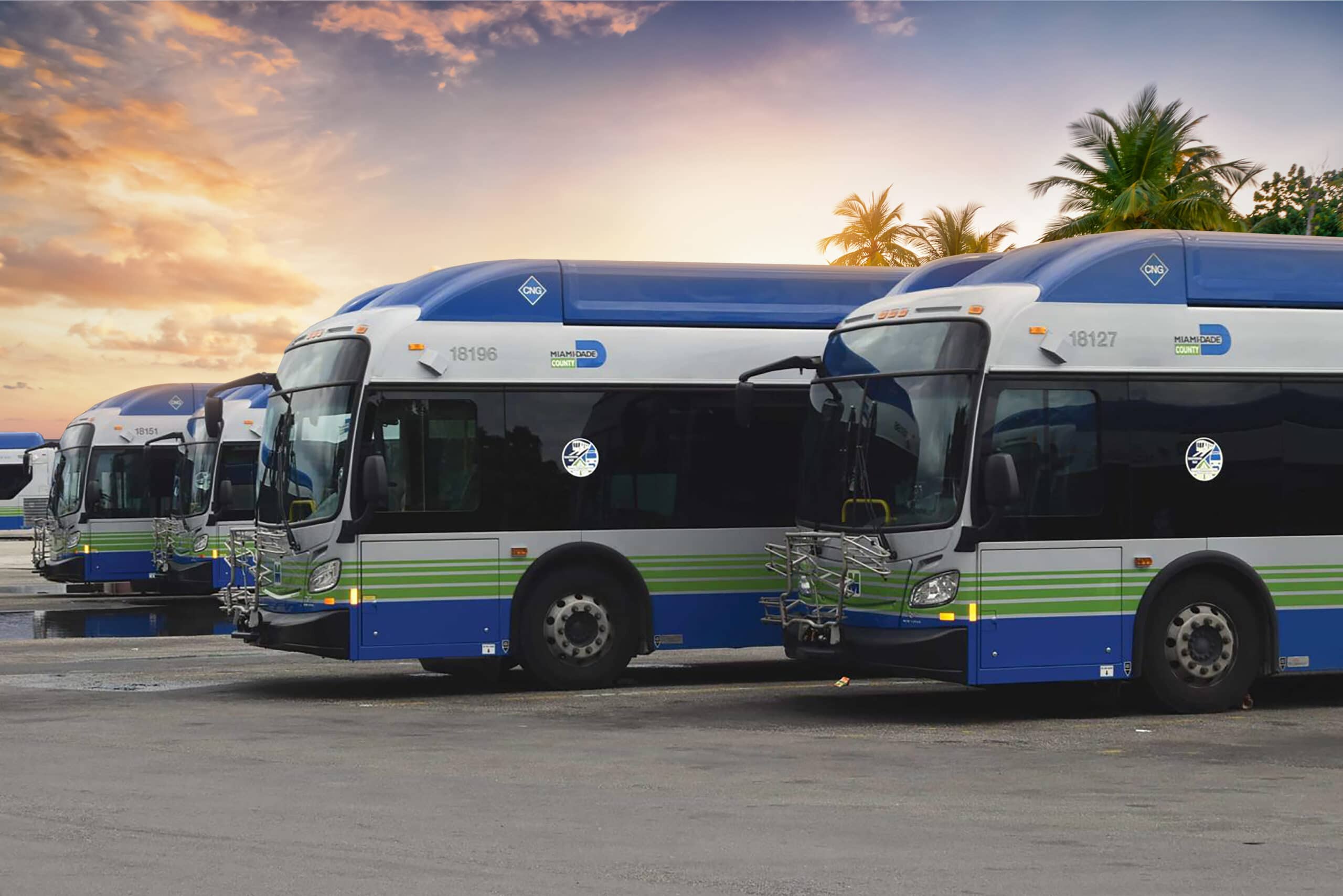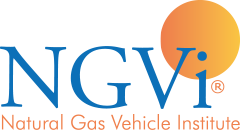
2 Critical Elements for Operating and Maintaining a CNG Transit Fleet
Besides appropriate safety policies and protocols, a CNG transit fleet depends on two critical elements to be safe and successful: 1) obtaining comprehensive training for all technicians and support teams; and 2) performing appropriate fuel system inspections at the proper intervals. Here’s a full breakdown for each, and how to apply them to your own operations.
1. Comprehensive Vehicle Training
Every technician working on or around CNG vehicles must have a specific level of training based on their job duties.
All technicians should receive training on Level 1: NGV Essentials and Safety Practices, which focuses on how to safely perform maintenance on CNG vehicles, even maintenance that does not involve the CNG fuel system.
Those who will become qualified (or certified) to perform CNG fuel system inspections require Level 2: CNG Fuel System Inspector Training. This course, combined with CNG Fuel System Inspector Certification, ensures that your inspectors possess the knowledge and skills to perform inspections according to all codes, standards, and industry best practices.
Technicians who will perform maintenance, diagnostics, and repair of heavy-duty CNG vehicles require Level 3: Heavy-Duty NGV Maintenance and Diagnostics Training. At NGVi, this course is two-in-one, coupling CNG fuel system maintenance and diagnostics (regardless of the manufacturer) with Cummins natural gas engines.
Those Who Have Benefited From This Training
Transit agencies like Cleveland RT, Miami-Dade Transit, and RTC of Southern Nevada have each taken advantage of our service to develop a customized training program and schedule that meets their needs. Each program has been a combination of on-demand e-learning with live-virtual and in-person training.
2. CNG Inspections
There are four types of CNG inspections, each with their own requirements and timelines.
Pre In-Service Inspections
These are performed by a qualified or certified CNG fuel system inspector on every vehicle before it is placed into service. They ensure 1) each bus meets your specifications; 2) fuel systems comply with NFPA 52 installation requirements; and (3) cylinders and other fuel system components have not been damaged in transit. Pre in-service inspections also establish baselines for future inspections. Common conditions found: inadequate clearances between cylinders and stainless steel tubing, or between a cylinder shield’s bolts and the actual cylinders; damage to fuel lines; and unsafe routing of PRD vent lines.
Driver Pre- and Post-Trip Inspections
These are performed daily by the driver on all components that they readily see and access. Common conditions found: fuel leaks, missing O-rings, and physical damage to cylinder shields and other components.
General Visual Inspections
These are performed any time a bus is in the shop for preventive or unscheduled maintenance, and includes all readily accessible components. Common conditions found: missing PRD vent caps and damaged cylinder valves.
Detailed Visual Inspections
These are the same as the pre in-service inspections, and must be performed by a qualified or certified CNG fuel system inspector: 1) after any fire or accident; 2) every 3 years or 36,000 miles (whichever comes first) for vehicles with a gross vehicle weight rating (GVWR) under 10,000 pounds; or 3) every 12 months for vehicles with a GVWR of 10,000 pounds or over. Common conditions found: all of those mentioned above, as well as cylinders that have damage in the form of cuts, scratches, gouges, and abrasions, as well as heat or chemical damage.
Need Your Own Training?
Our training is different from any other in the natural gas vehicle industry for three important reasons:
- We offer personalized training programs that take into account the current knowledge and skills of your technicians in order to fill in any gaps.
- We offer comprehensive training on all aspects of CNG buses, including any brand of CNG fuel system and every Cummins natural gas engine.
- We are the only ASE-accredited training provider in the entire alternative fuels industry. This means our organization and its entire system for developing and delivering training both meet the rigorous standards of the automotive industry.
When you’re ready, let’s talk about developing a comprehensive training program for your transit fleet. Call us today at 800.510.6484 extension 104.
